Ferdinand III of Castile was born in the monastery of Valparaiso, near Salamanca, Spain. He entered the world as a noble, the son of Alfonso IX, King of Leon, and Berengaria, daughter of Alfonso III, King of Castile. When he reached his eighteenth birthday, he was declared king of Palencia, Valladolid, and Burgos. He wished for nothing more than to form “the Catholic kingdom,” and demonstrated great prudence, patience, wisdom, and courage, despite his age. As he was so young, his mother became his closest advisor and Regent during his early reign, and assisted in the arrangement of a marriage to Princess Beatrice, daughter of Philip of Suabia, King of Germany. Together, they produced seven sons and three daughters. Although one daughter and one son died while quite young, the couple was blessed and the relationship was filled with grace and virtuous love.
Ferdinand ruled with severity in the administration of justice, especially against those who violated the laws of God. Although his justice was swift against those who rebelled, his granting of amnesty and personal forgiveness was equally as swift. He appointed wise and prudent governors and magistrates, reformed the court system, and enacted a new set of laws based upon fairness and equality—laws still utilized today.
Ferdinand vowed to never raise an army against any force, unless they were enemies of the Christian faith. He found his adversary in the Moors, who in 1225, were sweeping across Spain. Courageously, Ferdinand led an army against them, retaking approximately 20 strongholds. This he did, not out of personal ambition, but in order to rescue Christians who were enslaved. He was known to have prayed “Thou, O Lord, who searches the heart of man: Thus knowest that I desire Thy glory and the increase of Thy Faith and holy religion.”
While leading his men, Ferdinand set an absolute example of piety and devotion, fasting, praying, and spending his evenings in spiritual exercises and contemplation before the lord. He enacted severe austerities, including fasting and the continual wearing of a hair shirt. He watched over his men and their conduct, counseling them on virtue and providing a model of Christian love. Despite the horrors of war, and the chaos of an army encampment, he lived as if in religious cloister. His example was not lost on his soldiers, who fought for the Lord and the love of His Blessed Mother.
Saint Ferdinand’s devotion to Mary was deep, referring to her as, “My Lady.” In return, Our Blessed Mother led him to victory in his battles, and wiped the lands free from famine and pestilence during his entire reign, which, as his contemporary chroniclers observed, was an evident miracle, considering the circumstances of that period. A large picture of Our Lady was carried before him into battle, while a small picture of Our Lady was attached to his saddle.
Between 1234 and 1236, Ferdinand lay siege to the city of Cordova, long held by the Moors for over 500 years. He entered the city in triumph on the feast of Saints Peter and Paul. The Alhambra and the central mosque were converted to the center of Catholicism and worship in the city, dedicated to the Blessed Virgin. The bells of Saint James of Campostella, which had been taken by the Moors, were returned to their original place, and rang out once again throughout the city.
While Ferdinand completed the siege of Cordova, his wife died. After some time, he remarried Joan, Countess of Ponthieu, and together produced four sons and one daughter. Not long afterwards, Ferdinand laid siege to Seville, and after 16 months, drove the Moors out despite strong fortifications and a sizable army. The Moorish general who had commanded the city, wept and said to his officers, “None but a Saint could, with such a small force, have made himself master of so strong and well-manned a place.” In thanksgiving for his victory, which at last drove the Moors from Spain, Ferdinand rebuilt the Cathedral of Seville to its original glory and splendor, and dedicating it to Our Lady.
During the final years of his life, Ferdinand remained in Seville, ruling his people with equity, and fighting his final battle with a prolonged illness. At the age of 54, realizing his death was imminent, he made his final confession, and received the Last Sacraments. Following his reception of the Eucharist, Ferdinand was favored with an apparition from heaven, for which he was especially thankful. He cried out, “Thou, O Lord, hast given me the kingdom, which I should not otherwise have had; Thou hast given me more honor and power than I deserved; receive my thanks! I give Thee back this kingdom, which I have increased as far as I was able; I also commend my soul into Thy hands!”
Taking a candle and raising it up towards Heaven, Saint Ferdinand continued: “Lord Jesus Christ, my Redeemer! Receive my soul, and through the merits of Thy Most Holy Passion, deign to admit it among those of Thy servants!” He peacefully died while the bishops at his bedside sang the Te Deum.
Ferdinand was buried in the Cathedral of Seville, his tomb placed beneath the image of the Blessed Virgin. As he had requested, he was clothed simply in the habit of the Third Order of Saint Francis, having been a member of that Order for a number of years. His incorrupt body is venerated today, and numerous miracles have been reported via his intercession.
Year 2: Day 150 of 365
Prayer Intentions: Devotion to Our Lord and His Blessed Mother; Desire to serve the Lord and His people rather than ourselves.
Requested Intentions: For health of friend, for successful relationships for children, for safe pregnancy for daughter (C); For the health of a mother (J); Virtue for daughter (V); Successful acceptance to college for nephew (M); For the health of a cousin (T); Freedom from legal difficulties for husband (S); Husband’s freedom from illness (L); Personal intentions (S); Successful passing of dental board examination (P); Blessings on a family (Z); Successful permanent employment (C); Healing of a son with autism (J); Son’s successful employment (L); For the intentions of family and relatives, for the Carthusian community (T); For personal intentions (A); Restoration of lost hearing (C); Resolution of relational and financial challenges (S); Comfort following loss of husband, security for family, assistance with housing (B); Healing and return of brother (O); Successful hermitage foundation (S); Support from family, permission to marry (H); Recovery of wife following surgery, freedom from depression (W); Protection and recovery of mentally ill daughter (J); Successful resolution to legal proceedings (N); Freedom from worry and successful employment (M); For successful sale of home and freedom from debt (J); Freedom from pain and illness (E).







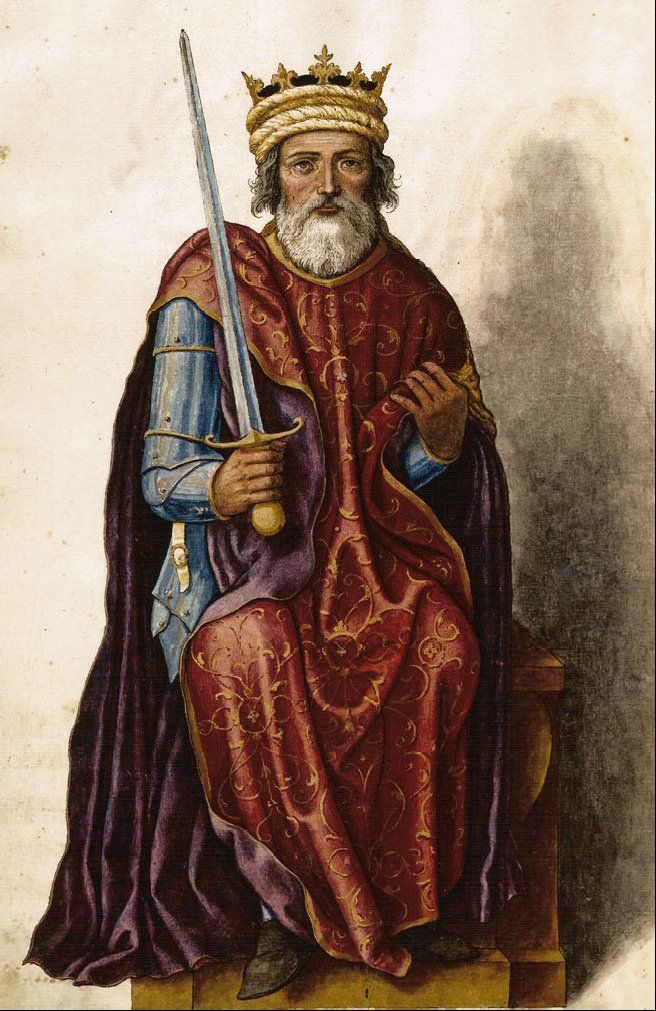
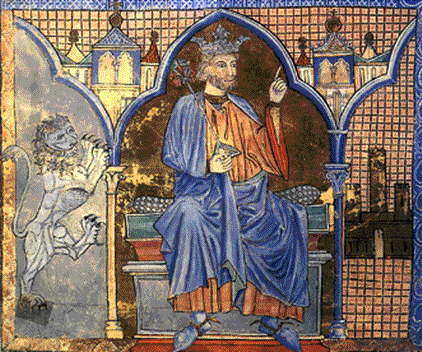
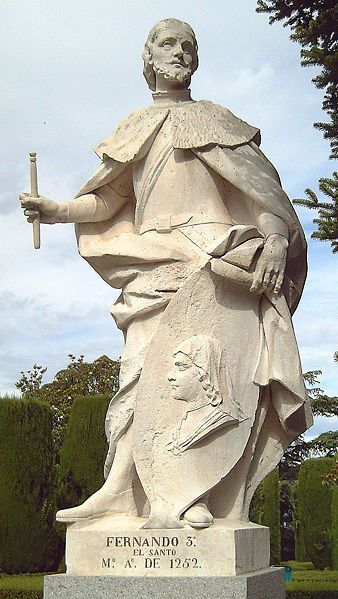
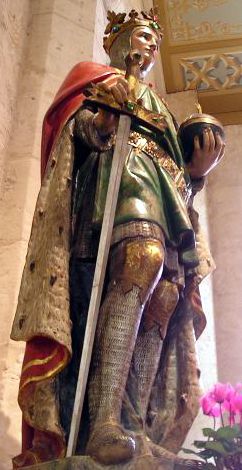
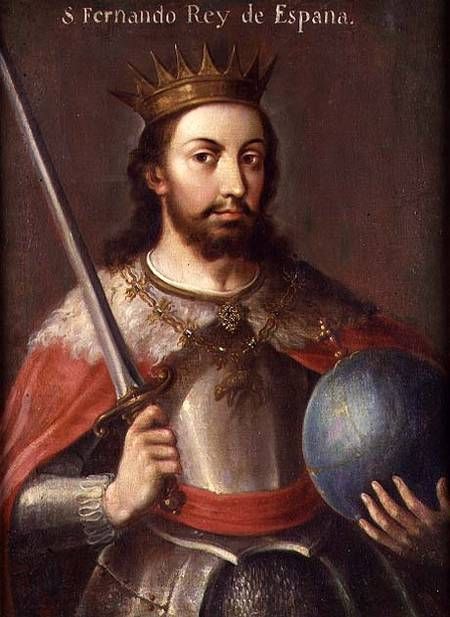

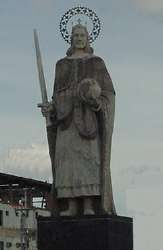
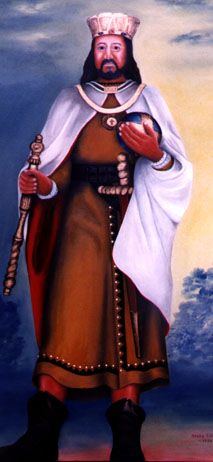
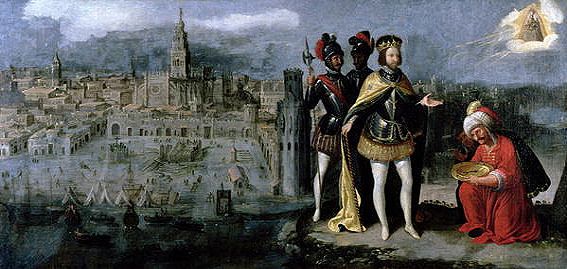
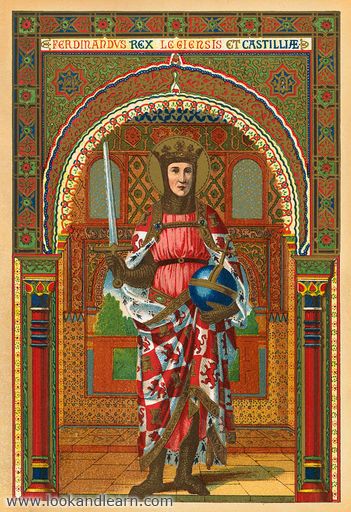
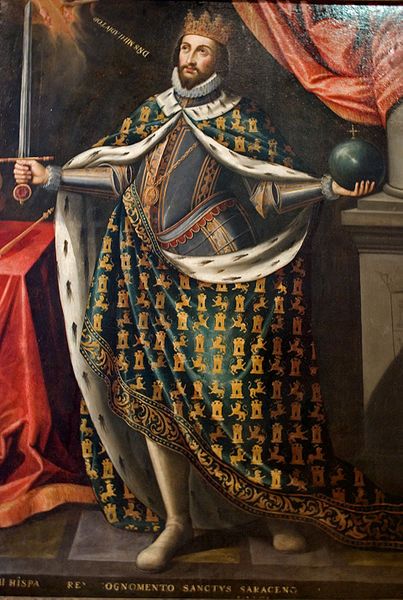
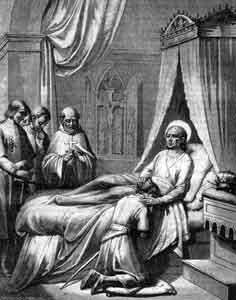
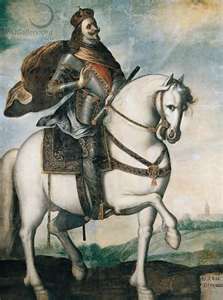
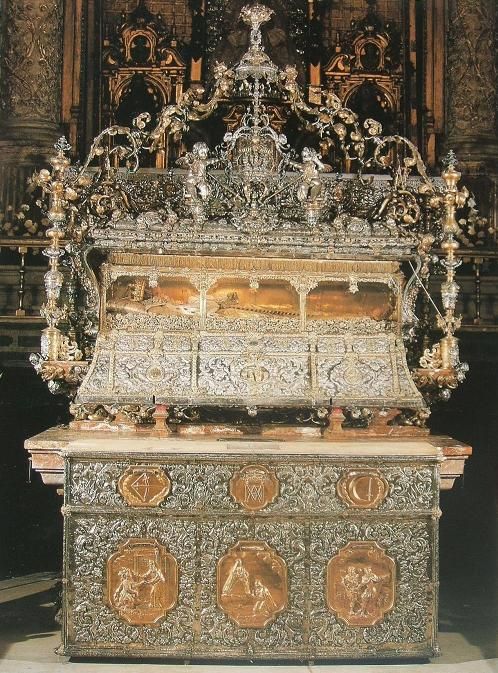
For my fallen away daughter and her husband to return to church and to have their child, Ferdinand, baptised.